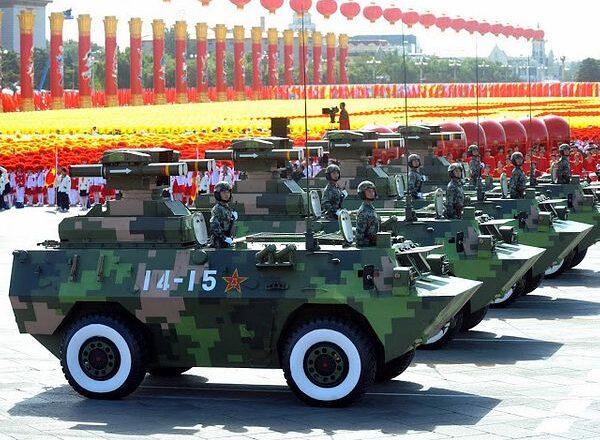Data governance, AI among the past year’s analytics trends
Organizations recognized data governance as an enabler of self-service BI and a way to keep data safe as well as that AI is best used to augment humans rather than replace them.
Data governance was one of the major trends that shaped analytics in 2022.
Data governance isn't glamorous like augmented intelligence, machine learning or natural language processing. It's the grunt work of analytics.
But after many organizations suddenly realized the importance of data-informed decision-making at the start of the COVID-19 pandemic -- and have continued to recognize its value as world events like the war in Ukraine and repeated supply chain disruptions have resulted in ongoing economic uncertainty -- data governance is starting to be a critical need.
Some organizations hastily deployed...





